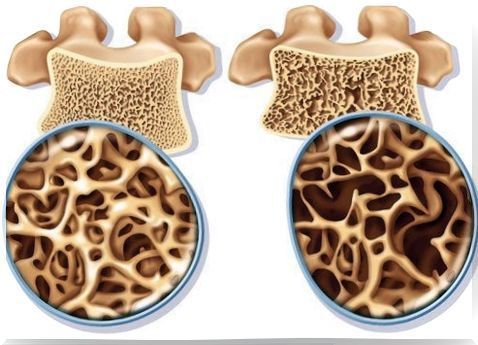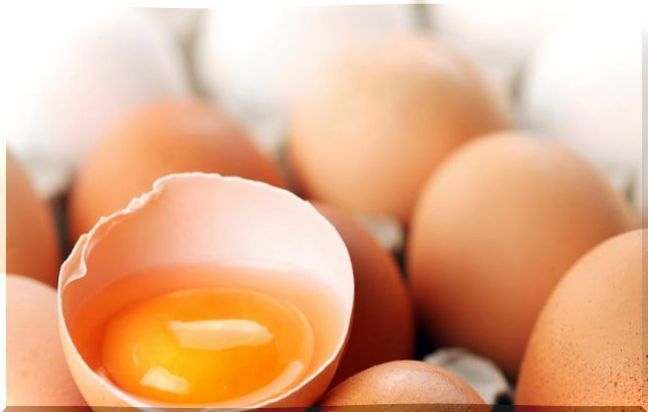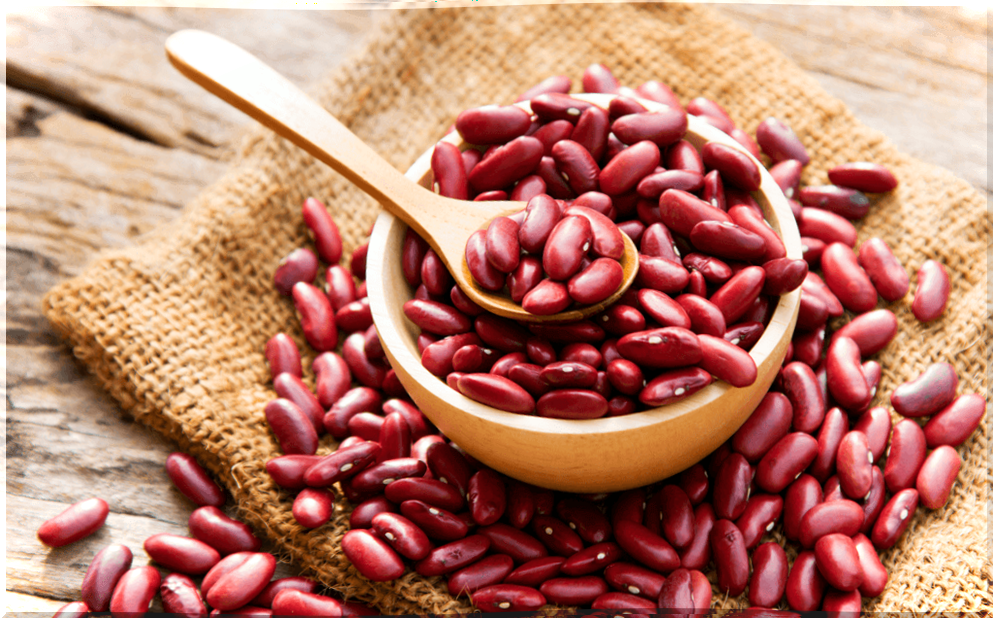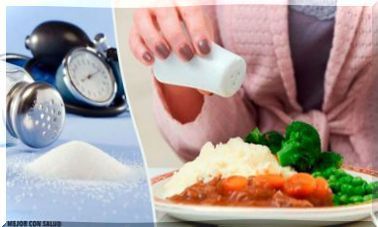Diet For Women In Menopause
For women in menopause this is usually a critical stage in many respects. Changes in your body and metabolism have consequences for each. In fact, some of the symptoms can affect your personal life, your work, your relationships and living with yourself.
In addition, there is much talk about the changes in this stage and what can happen, but not about how to deal with it. Did you know that diet in menopause is very important? Find out more in this article.
Women in menopause: more than the cessation of menstruation
For women in menopause, the changes go beyond the mere end of menstruation. They begin to experience hormonal, psychological and physical changes. They all have the same cause: the drop in estrogen production, the effects of which can alter metabolism.
In this sense, the most frequent symptoms of menopause are:
- Hot flashes or “hot flashes”
- Dry skin
- Night sweats
- Changes in mood, which may include anxiety or depression
- Thinning of the bones
- Reduced libido
- Insomnia
Nutritional needs for women in menopause
At this stage, which begins around 40 in women, there are a few things to consider to avoid a lack of important nutrients. For example:
Calcium

It is a vital mineral for bone health and, in addition, it can help us avoid suffering from osteoporosis, a disease closely related to women and menopause.
In fact, several studies show that the demineralization that occurs during menopause has a lot to do with calcium and vitamin D intake. Therefore, it is usually recommended to increase its consumption during this stage.
Where to find it? Dairy is believed to be the richest source of this nutrient. However, it is important to note that it is not the only one. Other more powerful sources of calcium are:
- Sardines
- Vegetables
- Almonds
- Chard
- Broccoli
Vitamin D

As we have seen, this is essential for the health of our bones. In addition, it is necessary to absorb calcium, and for this reason, it should not be missing from our diet at any stage of life.
In this way, in the case of women in menopause, it is advisable to ingest it to reduce the loss of calcium. In addition to the diet, try to expose yourself to the sun 15 minutes a day (never from 11 to 15) to promote its assimilation. Some foods that provide vitamin D are:
- Egg
- Blue Fish
- Liver
- Dairy products
Iron
During menstruation, our iron levels drop, so if we don’t eat properly, we can become anemic. However, during menopause the opposite happens and various studies show that our levels of this mineral increase.
Therefore, during this stage it is convenient to monitor the amount of iron we eat so as not to overdo it, as this could worsen the symptoms of menopause. Some foods that contain iron are:
- Lean red meat
- Seafood
- Nuts
- Vegetables
With this we do not mean that you eliminate iron from your diet, since it is a necessary mineral for our body. We simply recommend that, if you think you are consuming too much of it, reduce its consumption.
Fiber

According to a study published in the Journal of Bone and Mineral Research , fiber, especially that from plants, can help reduce the demineralization of certain bones in the body, such as the hips.
Therefore, it may be advisable to include it in our diet. In addition, this is very beneficial for digestion, so as you can see, everything is beneficial. Here is a list of some foods rich in fiber:
- Fruit
- Vegetables
- Vegetables
- Whole grains
Tips on eating in for women in menopause
You already know what are the foods that you should incorporate into your diet from now on. However, there are a few more tips that are worth keeping in mind:
Choose whole grain cereals
We recommend that you incorporate flour, rice and brown sugar into your diet instead of refined (white) ones. In this way, you will be adding more fiber to your body.
Drink a lot of water
Some research shows that hormonal imbalances that occur during menopause can promote fluid retention. Therefore, in addition to including fiber in our diet to promote its elimination, it can be beneficial to drink a lot of water.
On the other hand, your body will also be more hydrated. The appropriate or recommended measure is 4 to 6 glasses per day, but this may vary depending on the time of year, the amount of activity that is carried out, etc. In any case, the minimum is 1.5 liters per day.
Avoid unhealthy foods
The perfect diet for menopause is similar to that of a person of any age who wants to be healthy. Therefore, it is good to stop consuming or reduce the consumption of:
- Butter
- Fatty meat
- Fast food
- Pastries
- Fried
- Sugar
- Desserts
- Fizzy soft drinks
- Candies
- Ice creams
- Salt
- Sausages
- Canned
Eat plant-based foods

These can help you reduce the symptoms of menopause. And is that most contain the nutrients that we mentioned at the beginning: fiber, vitamin D, calcium …
To benefit even more, in the case of fruits, we recommend that you eat them with their skin whenever you can. And is that a large part of its fiber and antioxidants are found there.
More tips for women in menopause
As you can see, these tips are very simple and should not only be part of a diet for women in menopause, but also of a healthy diet. Try to follow them and you will see how your body thanks you and your quality of life improves.
In any case, if you notice that your life has been greatly affected by menopause, go to the gynecologist. Sometimes we think that it is normal and that the only thing left is to endure the symptoms, but it is not. Your doctor may well have a lot of advice to give you that can help you improve and lead a normal life.
Finally, we leave you another series of recommendations related to lifestyle that can help you enhance the nutritional advice that we have given you.
Additional Recommendations
- First of all, exercise 2 or 3 times a week, whether at home, in the park or in a gym.
- In this sense, you can try deep relaxation techniques such as yoga, meditation or tai chi.
- You can also walk 20 minutes a day. You can go shopping, go to work, walk the dog, etc.
- Maintain your ideal body weight according to your height and your physical complexion.
- Do not smoke or consume alcoholic beverages in excess.
- Keep the temperature of the house at 20 ° C, in winter or summer.
- Dress in layers, so as not to suffer when you have hot flashes or too cold.
- Do therapy to be able to handle moments of depression or distress.
- Talk about your feelings with a professional (doctor or psychologist) and also with your family.
- It can also help to try to have a positive attitude, smile, enjoy each day.
- Try to reduce stress levels caused by work or personal problems.
- Remember that it is a stage that all women your age go through. It is normal and natural.
- Do not stop doing what you like: a course or workshop, your job, cooking, etc.
- Finally, inform you about the changes that are occurring in your body.









